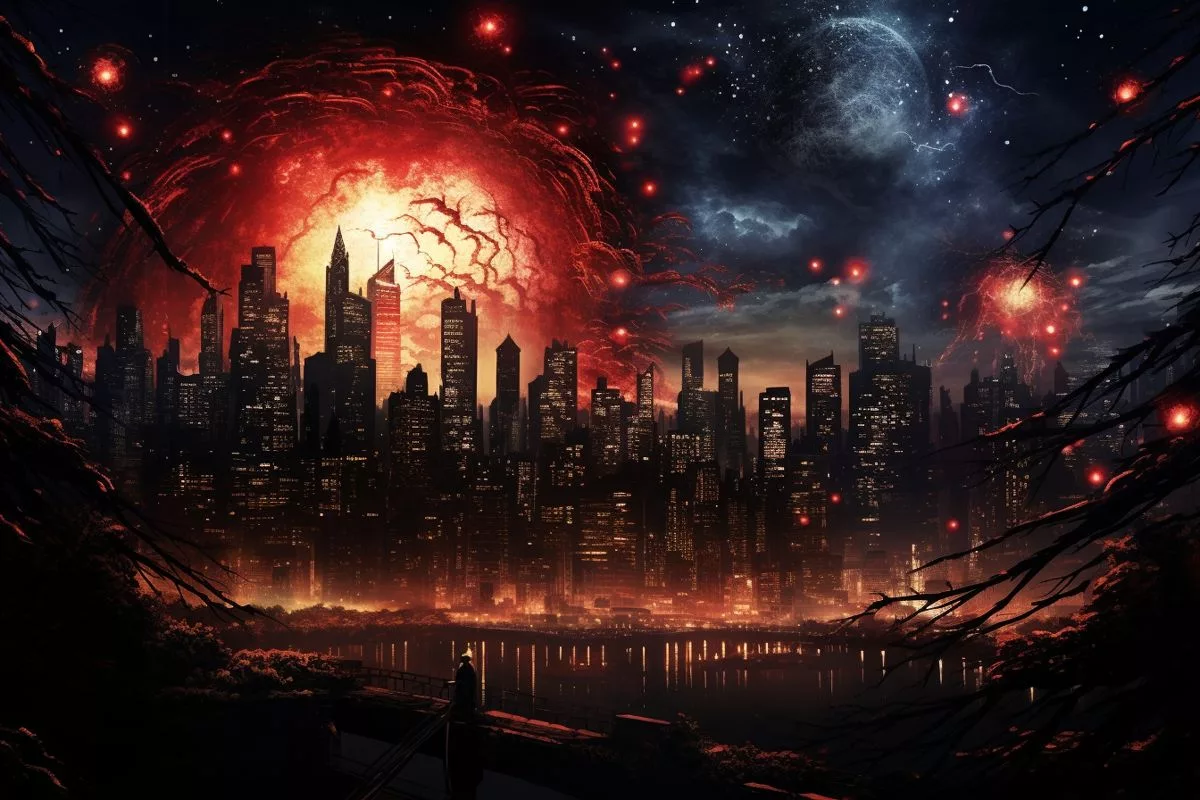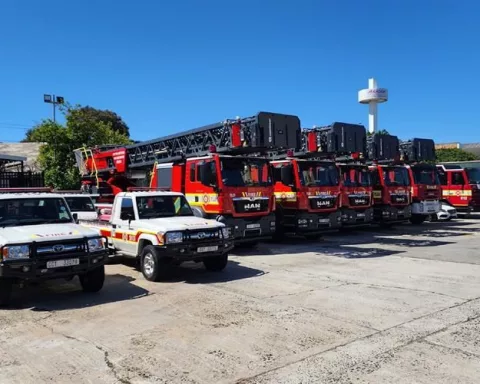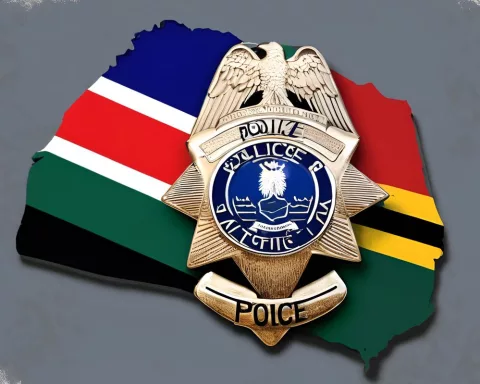Guy Fawkes Night, also known as Bonfire Night, is an annual celebration that commemorates the Gunpowder Plot of 1605 in London. The festivities usually involve fireworks and bonfires, but also pose public safety hazards such as aggressive crowds and injuries from fireworks. Law enforcement maintains a strong presence in high-risk zones, and citizens are encouraged to report any suspicious behavior. Using fireworks without a permit is illegal, and there are no designated sites for such actions. The watchfulness of the public and proactive measures taken by city officials are crucial in promoting awareness and public security.
What is Guy Fawkes Night and what are the safety concerns surrounding it?
Guy Fawkes Night, also known as Bonfire Night, is an annual tradition that commemorates the unsuccessful Gunpowder Plot of 1605 in London. Modern celebrations typically involve fireworks and bonfires, though they also bring about public safety hazards such as aggressive crowds and injuries from fireworks. Law enforcement maintains a strong presence in high-risk zones, while citizens are encouraged to report any suspicious behavior. To guarantee public safety, using fireworks without a permit is illegal, and there are no designated sites for such actions.
A Historic Celebration with Contemporary Concerns
Guy Fawkes Night, or Bonfire Night, is upon us once more, and cities across the globe are preparing for the annual festivities which often feature fireworks displays. Unfortunately, these events also tend to bring about public safety hazards. Recent data from Cape Town indicates a promising reduction in Guy Fawkes-related issues, but it is still crucial for city authorities to actively monitor streets and encourage citizens to report any worries or suspicious behaviors.
The roots of Guy Fawkes Night can be traced back to the unsuccessful Gunpowder Plot of 1605, which sought to destroy the Houses of Parliament in London, England and assassinate King James I. The plan was thwarted, and the subsequent execution of Guy Fawkes and his fellow plotters eventually led to the establishment of this annual tradition. Modern-day festivities typically involve fireworks, bonfires, and sometimes, aggressive crowds targeting unsuspecting pedestrians and drivers.
In the past, Cape Town has struggled with incidents connected to the buying and setting off of fireworks during Guy Fawkes Night, particularly in locations such as Prince George Drive, Parkwood, Mitchell’s Plain, Bonteheuwel, and Manenberg. Reports of individuals being assaulted or injured by violent groups have emerged from these areas. As a result, law enforcement officers maintain a strong presence in high-risk zones, as well as popular beaches and public open spaces, to protect the community.
Progress and Continued Efforts
While Cape Town has seen a decrease in Guy Fawkes Night incidents – ranging from 18 to 25% over the last two years – its enforcement services still encounter numerous events linked to the celebration. This year, city officials aim to build on the recent downward trend and eventually eliminate these hazardous practices. Cape Town’s mayoral committee member for safety and security, JP Smith, underscored the significance of tackling this problem, saying, “We’re heartened by the slight downturn in complaints in recent years, but this tradition needs to be completely eradicated.”
Smith also discussed the dual issue surrounding Guy Fawkes Night: the use of fireworks in residential neighborhoods, which can cause distress to both locals and pets, and the destructive behavior of disorderly crowds, often made up of children. He urged citizens to report any worries or unlawful activities, stressing the importance of reevaluating participation in these potentially harmful festivities.
Legal Implications and Public Responsibility
To guarantee the well-being of both people and animals, it is important to understand that using fireworks without a permit is illegal, and there are no designated sites for such actions. The Explosives Act of 1956 details several rules and penalties related to fireworks, including a R200 fine for using or detonating fireworks in buildings or public thoroughfares, a R300 fine for selling fireworks to a child or anyone under 16, and a R300 fine for allowing a child or person under 16 to handle fireworks without adult supervision.
Ultimately, the watchfulness of the public and the proactive measures taken by city officials are crucial in addressing the issues associated with Guy Fawkes Night. By promoting a culture of safety and respect for local communities, it is possible to gradually transform this historic event into a secure and enjoyable celebration that does not accommodate harmful activities. As the city progresses, it is vital to continue urging citizens to report any illicit or dangerous conduct and to redirect resources towards more urgent concerns, thus ensuring the well-being and protection of the public in the future.
1. What is Guy Fawkes Night?
Guy Fawkes Night, also known as Bonfire Night, is an annual tradition that commemorates the unsuccessful Gunpowder Plot of 1605 in London.
2. What are the safety concerns surrounding Guy Fawkes Night?
Modern celebrations include fireworks and bonfires, but also bring about public safety hazards such as aggressive crowds and injuries from fireworks.
3. Is using fireworks without a permit legal during Guy Fawkes Night?
No, using fireworks without a permit is illegal, and there are no designated sites for such actions.
4. Are there designated sites for fireworks during Guy Fawkes Night?
No, there are no designated sites for fireworks during Guy Fawkes Night.
5. Who monitors high-risk zones during Guy Fawkes Night?
Law enforcement maintains a strong presence in high-risk zones during Guy Fawkes Night.
6. What is the Explosives Act of 1956?
The Explosives Act of 1956 details several rules and penalties related to fireworks.
7. Are there any fines related to fireworks under the Explosives Act of 1956?
Yes, there are several fines related to fireworks under the Explosives Act of 1956, including a fine for using or detonating fireworks in buildings or public thoroughfares, selling fireworks to a child or anyone under 16, and allowing a child or person under 16 to handle fireworks without adult supervision.
8. What can citizens do to ensure public safety during Guy Fawkes Night?
Citizens are encouraged to report any suspicious behavior during Guy Fawkes Night to ensure public safety.












